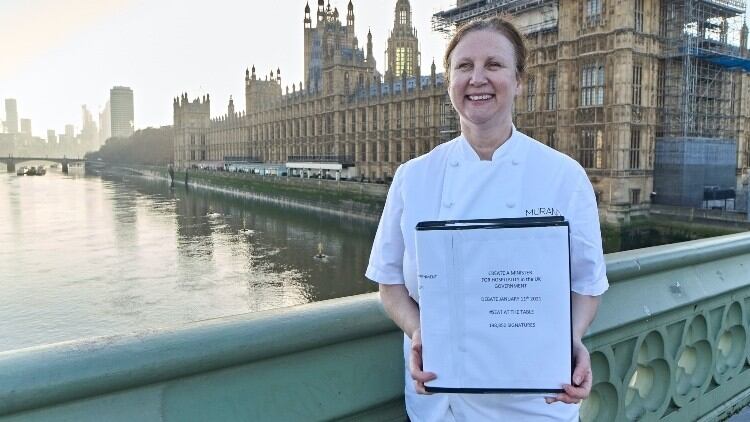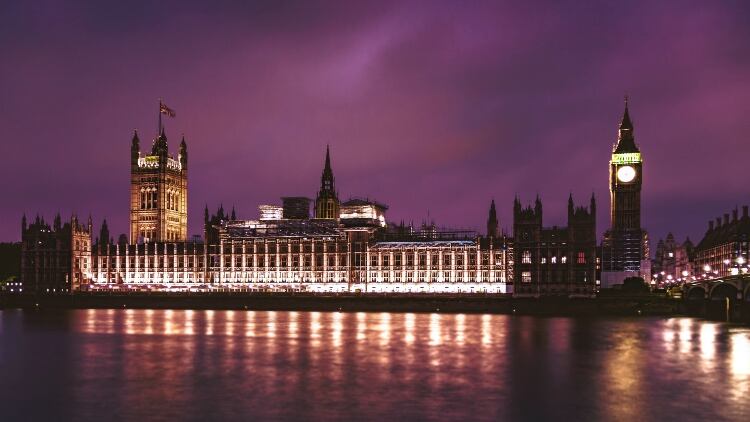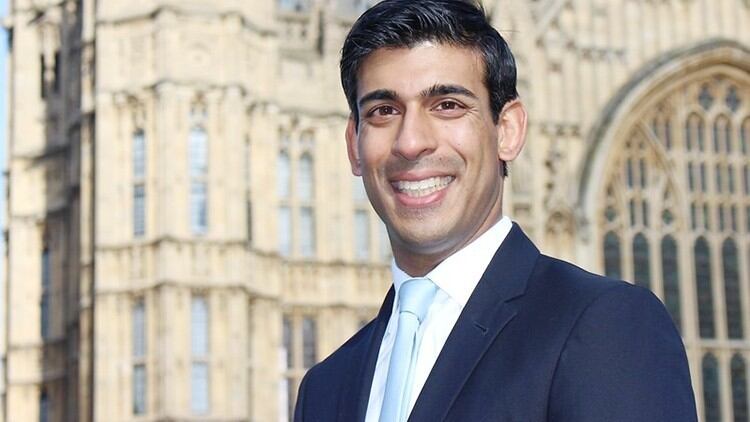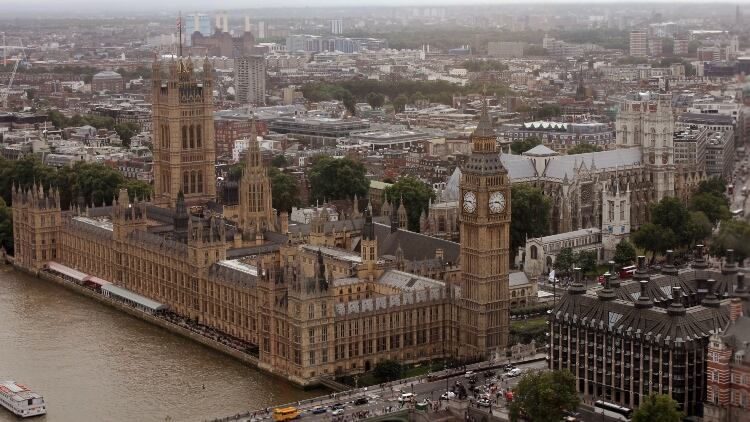As reported by The Morning Advertiser (MA), a selection of cross-party MPs supported a motion to appoint a minister to represent the hospitality sector following a 90-minute debate on 11 January.
The issue made Parliament’s agenda after more than 200,000 sector supporters – including celebrity chef and pub operator Tom Kerridge, James Martin and Angela Hartnett – signed a petition.
The #SeatAtTheTable campaign highlighted that the UK hospitality industry is responsible for about 3m jobs and generates £130bn in activity resulting in £38bn in taxation but, unlike the arts or sports, does not have a dedicated minister.
Labour’s shadow minister for business and consumers, Lucy Powell - who spoke in favour of the motion during the debate - explained that there was strong support among MPs to ensure that hospitality businesses are better represented during discussions affecting their future.
"It’s clear from what we’ve seen so far that ministers just don’t understand how the sector and its supply chain operate," she told The MA. "Last minute decisions, the lack of foresight and planning, and insufficient support have been the hallmarks of Government. A system that was designed to save businesses in the first months of lockdown is totally inadequate after a year of massively reduced trade and mounting debt."
- MPs in favour of hospitality minister motion – read more here

What does the debate mean?
While petitions – even those boasting as many signatures as the #SeatAtTheTable campaign – are an effective means of translating public option into political pressure, the Government are not mandated to pass them into law.
A motion urging Government to hold a second EU referendum based on a rule stating that if the winning side registered fewer than 60% of votes based a turnout of less than 75% there should be another vote was signed by more than 4m people, for example. While it was debated, it ultimately came to nothing.
A such, despite the motion to appoint a hospitality minister winning support in Parliament, there will be no direct action as a result – though it is hoped that it will increase pressure on the Prime Minister to support the sector.
Only the Prime Minister has the power to appoint a new minister and there is no way that Parliament can force him to do so other than by applying pressure through political channels.
- 'We need to go beyond just a minister, we need a whole department' – read more here
Who could be the new minister, if there is one?
Ministers, by definition, are “the MPs and members of the House of Lords who are in the Government” – meaning that a new hospitality minister would almost certainly be appointed from Parliament’s existing pool.
However, while convention dictates ministers are drawn from existing MPs and peers, could a hospitality minister be appointed from outside Parliament – if, indeed, one is appointed at all?
In 2007 Gordon Brown hired several ministers with no previous political or Parliamentary experience to create what became known as his "Government of all the talents" – or Goats – by essentially transferring them from professional to political sphere by offering peerages.
Director general of the confederation of British industry Lord Digby Jones, for example, became Minister of State for Trade and Investment in both Brown’s nascent department for business, enterprise and regulatory reform and the foreign office – however given he wasn’t a member of Parliament at the time he was made a life peer.
This prompted debate about the value and validity of appointing cabinet minister from outside of Parliament’s historic pool and how they would remain accountable, with former Prime Minister John Mayor even weighing in in favour of Westminster outsiders joining cabinet in a Times column in 2009.
According to a 2011 report from University College London titled ‘Putting Goats Among the Wolves: Appointing Ministers from Outside Parliament’, supporters of externally appointed ministers saw them as an effective way of overcoming the limited talent pool in the House of Commons and offering valuable industry knowledge to Government.
However, critics pointed to the high turnover of these ministers and expressed concern at their lack of political and parliamentary nous.
Ultimately, a “mixture of constitutional and political constraints”, as outlined by the report’s authors Dr Ben Yong and Professor Robert Hazell, make ministerial appointments from outside Parliament very rare, but not impossible.
What happens next?
Though the Petitions Committee has now finished its formal work on the petition to appoint a dedicated hospitality minister, individual MPs may pursue the matter directly with Government should they choose.
“I’d urge the sector to continue to put pressure on ministers through their MPs to ensure a long term and comprehensive package that sees businesses through this latest lockdown and on the road to recovery," Powell continued. "That’s what Labour has long been calling for and we’ll continue to keep ministers’ feet to the fire. Anything less from government will be a betrayal of good, viable businesses that have necessarily closed to keep the public safe.”
The committee’s chair, Labour MP for Newcastle upon Tyne North Catherine McKinnell wrote to the Prime Minister in light of his refusal to agree to meet with petitioners to discuss this issue at a session of the Liaison Committee on 13 January.
The Prime Minister initially appeared cool on the idea of having a dedicated minister for the hospitality sector.
Responding to McKinnell’s request that the PM meet #SeatAtTheTable petitioners, Johnson said: “You’re right to identify the troubles of the hospitality sector, and it has been through a very difficult time.
“We are doing everything we can to support it, and the chancellor, business secretary and I meet regularly with representatives of that sector.
“We have given all the grants, the recent increase in grants that you know of, on top of the Coronavirus Business Interruption Loan Scheme and Bounce Back Loans, the furlough scheme and many, many other forms of support," he continued, "but the best thing for the hospitality sector is we all work together to defeat the virus, in the way I’m absolutely certain we can, with disciplined action and the vaccine roll out, and get it back on its feet, and I am sure that is the best thing for it.”
However, as reported by The MA, he has since confirmed that the Minister for Small Business, Consumers and Labour Markets, Paul Scully, will meet campaigners calling for a dedicated minister for the sector.




